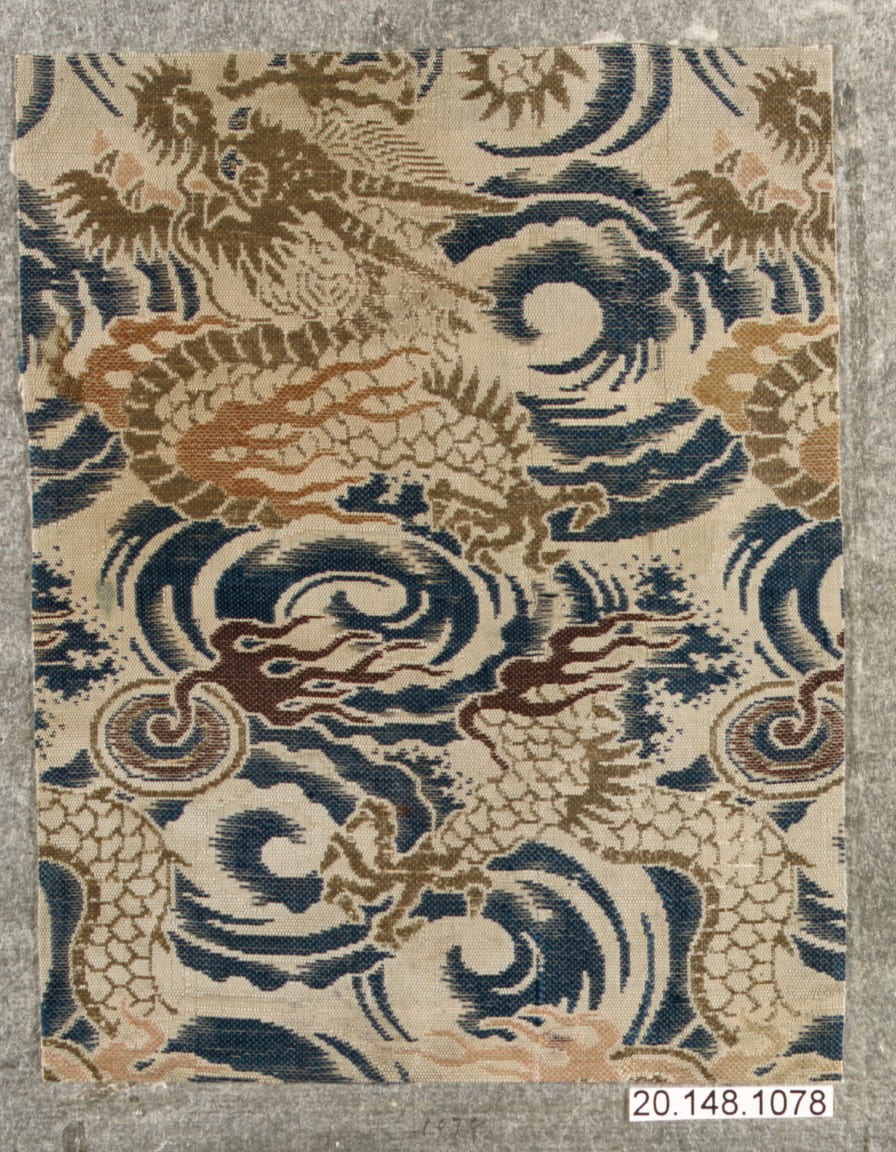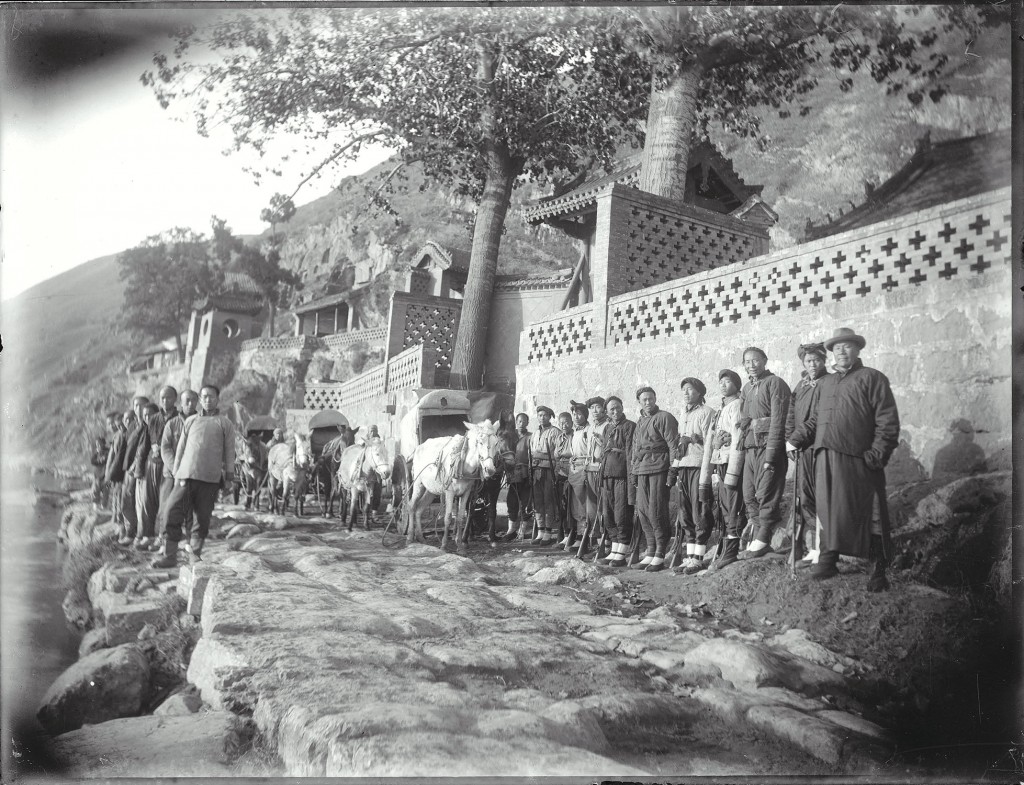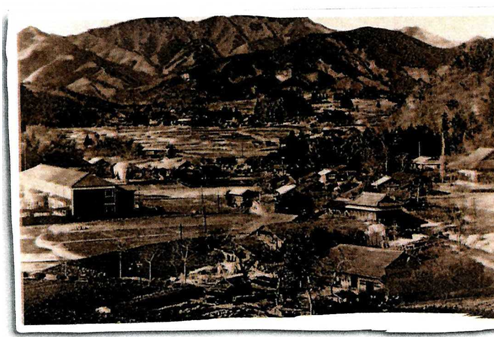Mark Frank
PhD Candidate in East Asian Languages and Cultures, University of Illinois, Urbana-Champaign
” A Land ‘Without History to Speak of’: The Rise (and Fall and Rise) of Xikang Province”
Thursday May 3rd, 4:00-6:00 PM
John Hope Franklin Room [SSR 224]
Discussant: Kenneth Pomeranz, University Professor of Modern Chinese History and in the College, University of Chicago
Please join the East Asia: Transregional Histories workshop in welcoming Mark Frank as he presents a draft of his dissertation chapter, titled “A Land ‘Without History to Speak of’: The Rise (and Fall and Rise) of Xikang Province.” He has provided the following abstract:
In 1939 the Republic of China fixed borders around the Kham region of eastern Tibet and declared it to be “Xikang Province”. This chapter chronicles the rise of that province as the hybrid outcome of an enduring political vision and a convoluted series of historical accidents. Sichuan officials first conceived of converting the Kham region into a province named Xikang (Kham-in-the-west) after the murder of a Qing imperial representative there in 1905, but their provincial project was derailed by the Chinese revolution of 1911. The notion of a potential Xikang Province circulated in Chinese discourse for decades, even as warlords battled the Tibetan army and each other for control of the Kham region. Chinese writers floated all manner of fantastical ideas about Xikang—that it was a vast virgin waste whose development would “benefit the country and enrich the people”; that it could be a springboard for the liberation of India from British rule, or a last bastion against Japanese invasion. The eventual founding of Xikang Province was a marriage of convenience between the wartime desires of the Nationalist government and those of the embattled warlord Liu Wenhui. In spite of very disparate notions of what Xikang should look like and what it meant for China, this essay contends that the fantasy of colonizing it with Han farmers persisted from the last years of the Qing through its eventual founding, and beyond.
Mark’s Paper can be found in the post below.
As always, first-time attendees are welcome. Light refreshments and snacks will be served. If you have any questions or require assistance to attend, please contact Robert Burgos at rburgos@uchicago.edu or Spencer Stewart at sdstewart@uchicago.edu.


